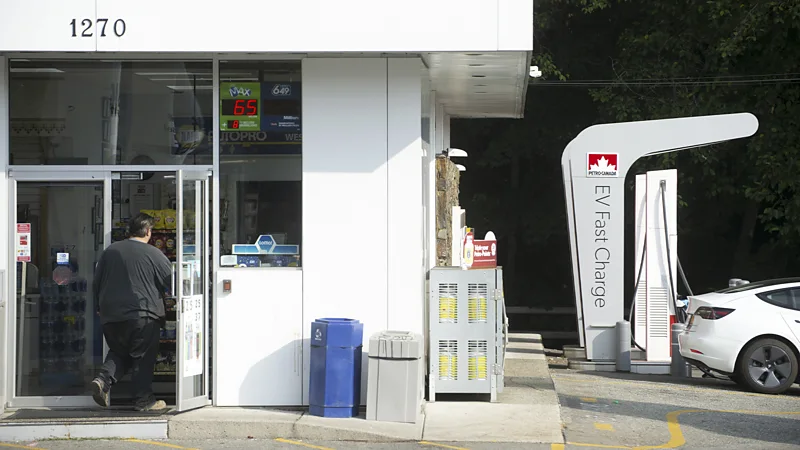EV Tax Credits Rampant, Yet Extra Fees Remain Ubiquitous
Many countries are encouraging drivers to switch to electric vehicles (EVs) through various incentives, such as tax credits for EV purchases. However, some jurisdictions are also imposing extra taxes on EVs, raising questions about the rationale behind such measures.
For instance, the Canadian province of Alberta recently announced plans to introduce an annual registration tax of C$200 for EVs starting in 2025. This additional tax is intended to cover the cost of maintaining roads, which is traditionally funded through fuel taxes. Since EV drivers do not pay fuel taxes, proponents argue that they should contribute to road maintenance through registration fees.
Similar measures are being implemented in other regions. For example, Saskatchewan charges an extra C$150 for EV registration, and 24 US states impose higher registration fees for EVs, ranging from $50 to $200. Some states also collect taxes at charging stations.
However, EV advocates criticize these fees, especially as governments are simultaneously offering tax credits to promote EV adoption. They argue that such fees may deter consumers from purchasing EVs, undermining efforts to reduce greenhouse gas emissions and combat climate change.
Moreover, there is debate over whether EVs actually cause more road damage than internal combustion engine (ICE) vehicles. While EVs tend to be heavier due to their electric motors and large batteries, not all EVs are significantly heavier than ICE cars. Therefore, some argue that imposing uniform registration fees on all EVs may be unfair.
To address the funding gap created by the shift to EVs, experts suggest alternative solutions, such as implementing a mileage tax where all drivers pay based on road usage. However, concerns about privacy and tracking mileage pose challenges to this approach.
Ultimately, finding a balanced solution that encourages EV adoption while ensuring adequate revenue for infrastructure maintenance remains a complex issue. It may require broader discussions involving multiple stakeholders to develop sustainable auto tax policies that address the evolving transportation landscape.


































Comment Template